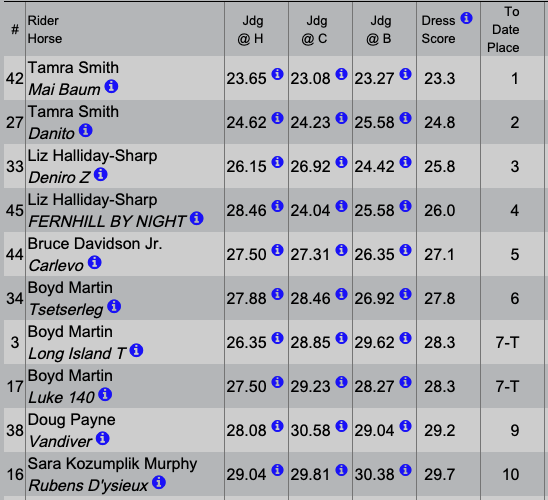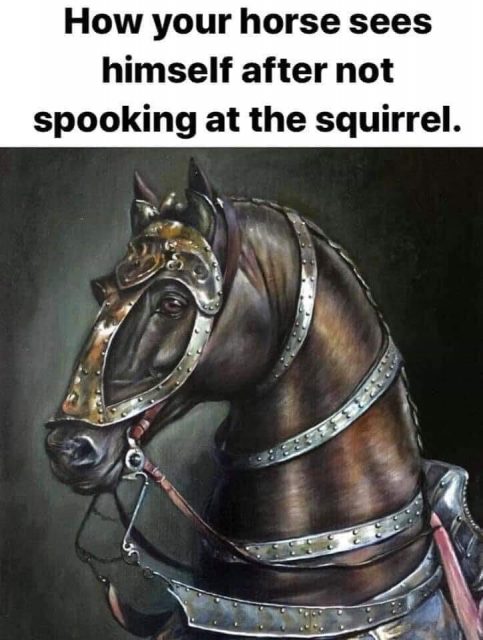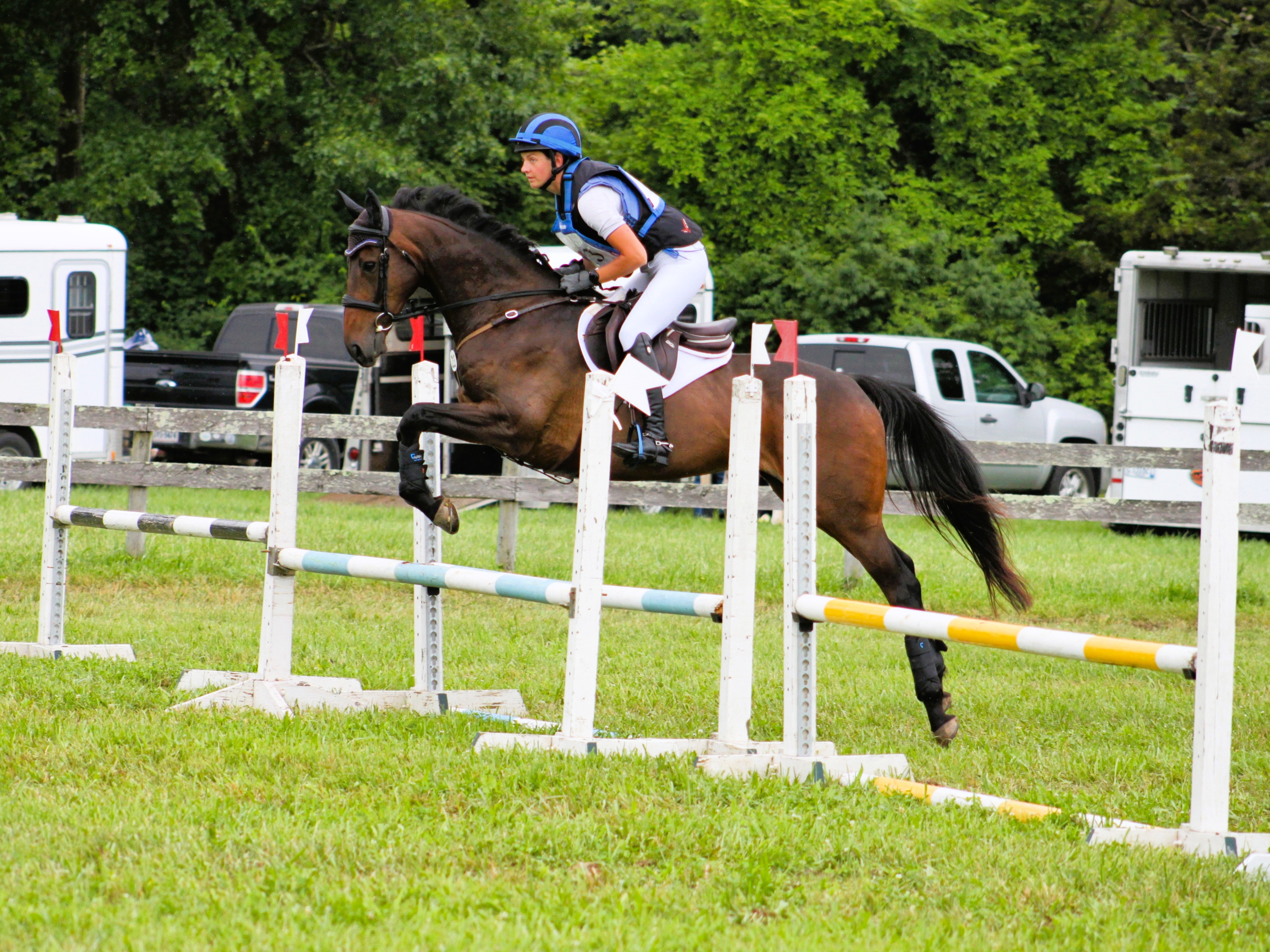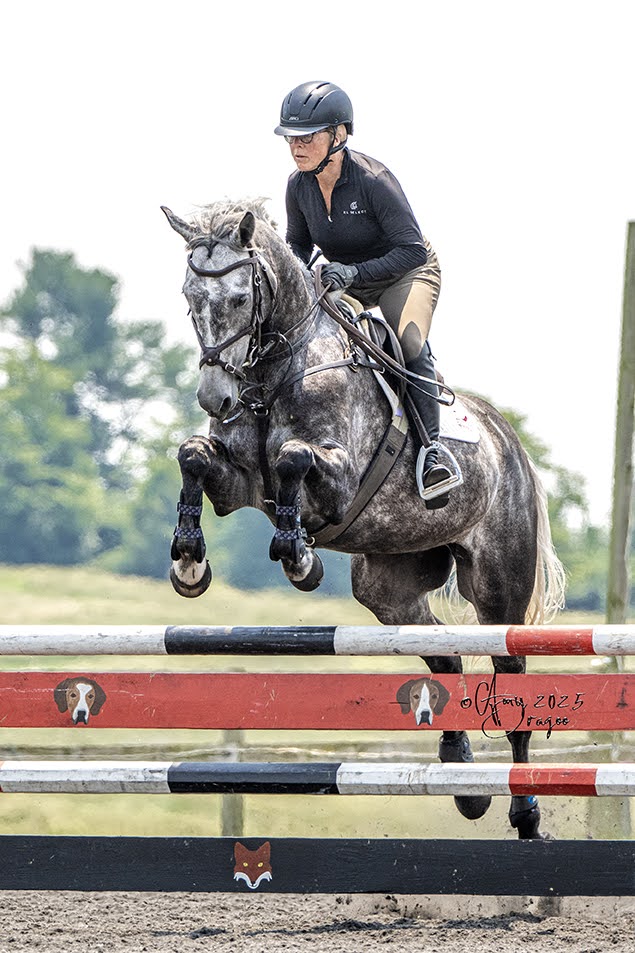
Photo courtesy of Centre Equestre Equilibre.
The Centre Equestre Equilibre (Bishopton, Quebec), owned by (Martin and Anne Grimard, is home to about 50 horses and several riders who compete in Canadian and American events at various levels. With over 20 years of experience on national and international eventing grounds, the Grimards in partnership with organizer Molly Hooper Bull, have announced the addition of Advanced and Intermediate levels this July, with a CCI4*S to come in the future.
At the end of 2015, the Centre Equestre Equilibre acquired a 206-acre lot, which showed great potential with its rolling hills and outstanding footing. The infrastructures, however, were designed for cattle breeding. The fields and buildings have been upgraded to adapt to the needs of sport horses with several additions: an 85×200 indoor arena, some outdoor sand arenas, cross-country courses, a water jump, to name a few. The first Equilibre event took place in 2018 and was awarded Cheval Quebec’s Aramis for Best National Event in Quebec. A special mention was made for the event’s professionalism, attention to detail, and experienced team. Additionally, Anne Grimard was awarded the Trophee des Batisseurs by the HTC-Q, for her involvement, dedication, and support with the development of athletes and eventing.
“My husband is the president of the HTC-Q, and I am the director of, and responsible for the safety and development of athletes in this association,” Anne explained in an email interview. “Our mission has always been to make eventing known and recognized, and to develop athletes.”

Photo courtesy of Centre Equestre Equilibre.
“In 2020, as a result of Canadian athletes being unable to cross the border to the USA, the Centre Equestre Equilibre was approached by a team of Olympic athletes, supported by Canadians and Americans of experience, to discuss the possibility of hosting a CCI-4* event,” Anne wrote. “Their primary criteria were the installations, professionalism, and the Centre Equestre Equilibre’s ability to deliver and ease of adaptation. The construction of a second water jump (80×100) and of an additional outdoor sand arena (250×250) is already underway.”
The Grimards are currently waiting for CCI4*S approval for 2022 or 2023. Meanwhile, they’ve assembled an all-star team of Molly Hooper Bull (who is also credited with organizing at Stable View in Aiken, Sc.), Capt. Mark Phillips and Chris Barnard for course design, and further assistance from Peter Gray and John Williams. “It is a privilege for us to work with such an experienced team that takes to heart the development of our sport,” Anne wrote. “The reputable Molly Hooper is credited with helping organize the Stable View CCI-4* Event, and we are honored to have Dylan Barry helping us build our new cross country obstacles and the help of experienced Olympic athletes is invaluable.”

Photo courtesy of Centre Equestre Equilibre.
“A great cross country course, designed for safety, will be the highlight of our July event,” Anne continued. “Our team will have the occasion to prove itself and show Equestrian Canada that we offer a great opportunity for Canadian riders to develop and qualify right at home.”
Safety and sustainability took the lead as the event continued to evolve. “We take the riders’ satisfaction to heart, so we doubled down on our efforts to become the leading authority on building eco-friendly and safe cross country obstacles in Canada. We also feel privileged for being supported in our success by our sponsors.”
As the coronavirus pandemic continues to affect travel (at the latest update, Canada’s border is now open to non-essential travel with proof of a negative COVID-19 test). “We hope the state of the COVID-19 pandemic will improve so that we may see a vast number of high level riders from Canada and the USA,” Anne concluded.









































